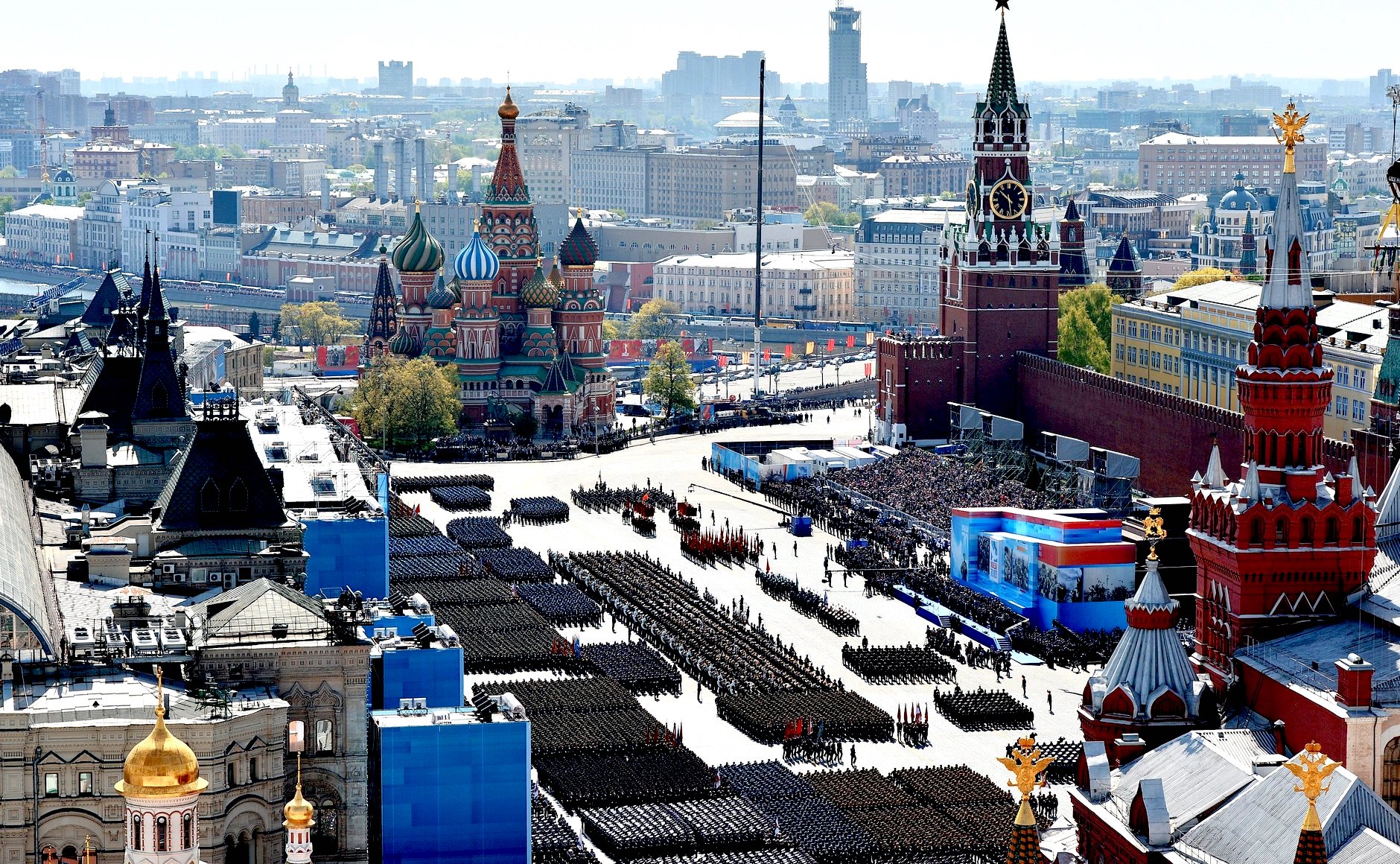Some weeks before the European parliamentary elections in 2019, European authorities were able to uncover numerous Russian and local far right websites and social media accounts supporting political divisiveness, advancing disinformation and fomenting distrust in centrist parties in power.
Intelligence agencies state that the targets were NATO, the European Union, immigrants and other public issues. Networks of Twitter accounts, Facebook profiles, WhatsApp groups and websites were used to disseminate false stories to promote distrust and enmity among long-term allies. Much of the content can be directly traced to Russian news media, then enhanced and repeated through other carriers.
Russia was identified as the primary initiator and driving engine. However numerous actors mimicking Russia’s messages have joined in, making it difficult to untangle what’s the Kremlin’s propaganda, Western far right misinformation and authentic political discourse.
(Read more: Estonian Life No. 36 2020 paber- and PDF/digi)
Laas Leivat, Toronto




